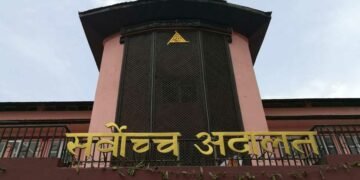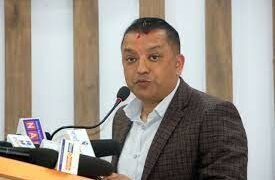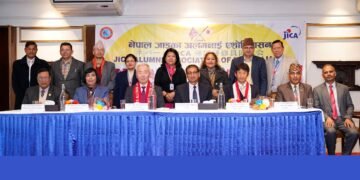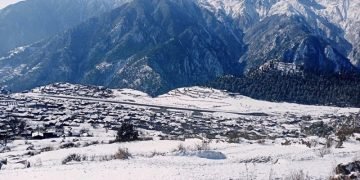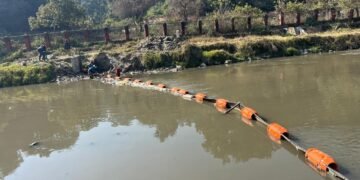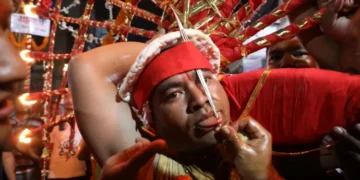Kathmandu – The state of journalism in Nepal has reached a critical juncture, as political influence and unethical practices increasingly overshadow the core principles of truth, fairness, and accountability. Amid rising misinformation and partisan reporting, ethical journalism faces severe challenges in maintaining its integrity and relevance.
Nepal’s media landscape has become deeply entangled with political agendas, where newsrooms are often divided along party lines. Journalists affiliated with political factions frequently shape narratives to favor their patrons, sidelining the impartiality and truth-seeking ethos of their profession. This alignment provides financial stability and career advancement for some but undermines public trust in the media and corrodes the foundation of free press.
The recent elections of the Federation of Nepali Journalists (FNJ) illustrate the growing politicization of Nepal’s media institutions. Nirmala Sharma, elected as the first female president of the FNJ, represented a coalition supported by the Nepali Congress and CPN-UML. Her opponent, Ramesh Bista, had backing from the Maoist Centre and dissident factions. This scenario underscores the extent to which political affiliations influence even the apex body of Nepali journalists.
For journalists committed to ethical standards, the environment has become increasingly hostile. Many lack adequate institutional or financial support to withstand the pressures of a politicized media industry. Intimidation, lawsuits, and violence are common tools used to silence dissenting voices. In contrast, those engaging in unethical journalism enjoy the backing of powerful entities, further marginalizing those who strive to maintain their integrity.
Unethical journalism thrives on sensationalism and biased reporting, often creating rifts in society. These practices erode public trust and blur the line between fact and propaganda. Nepali media is increasingly criticized for prioritizing political loyalty over accountability, leaving the audience with limited access to balanced and factual reporting.
Leaders like Sharma have the opportunity to advocate for ethical practices and empower journalists who prioritize truth over political loyalty.
The challenges faced by ethical journalists in Nepal reflect broader societal struggles between progress and entrenched political interests.
As political influence grows in media circles, the role of a free press in safeguarding democracy becomes more critical than ever.
The election of Nirmala Sharma to the FNJ presidency offers a glimmer of hope. Her leadership, alongside reforms, could inspire a revival of ethical journalism in Nepal, empowering journalists to report fearlessly and truthfully.
However, without collective effort from media organizations, the government, and the public, the dream of a free and honest press risks fading into oblivion.
Nepal stands at a crossroads. The choice to support ethical journalism today will shape the country’s democratic foundation for generations to come.


